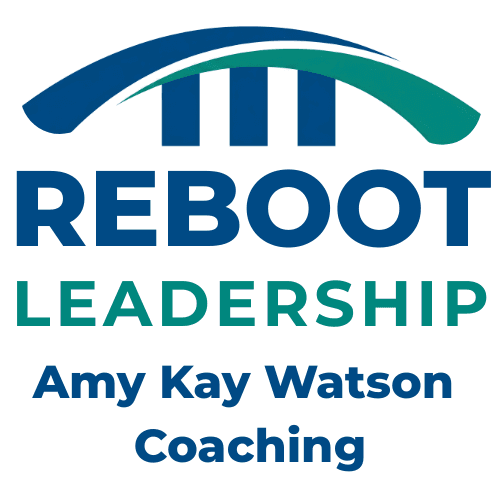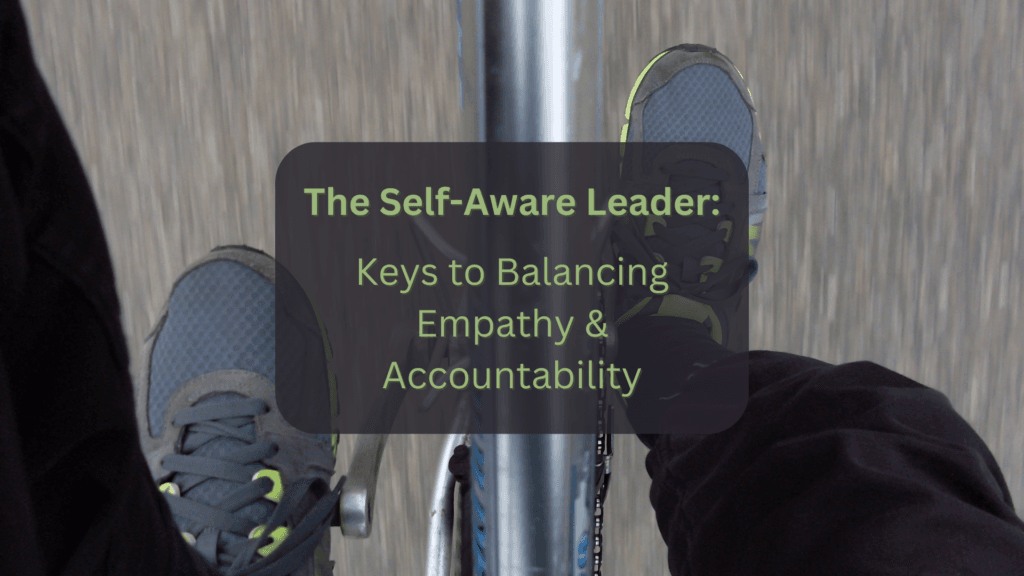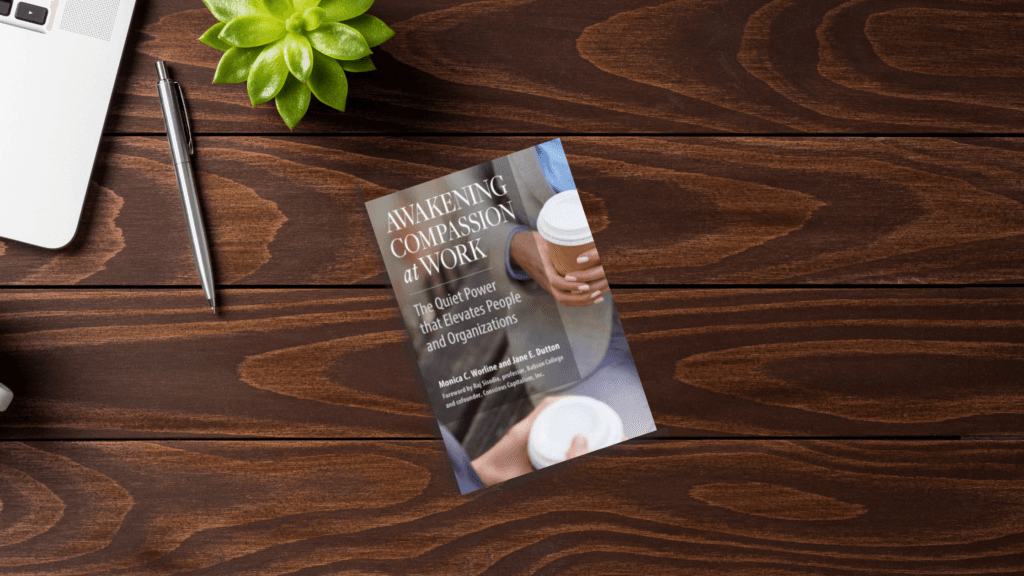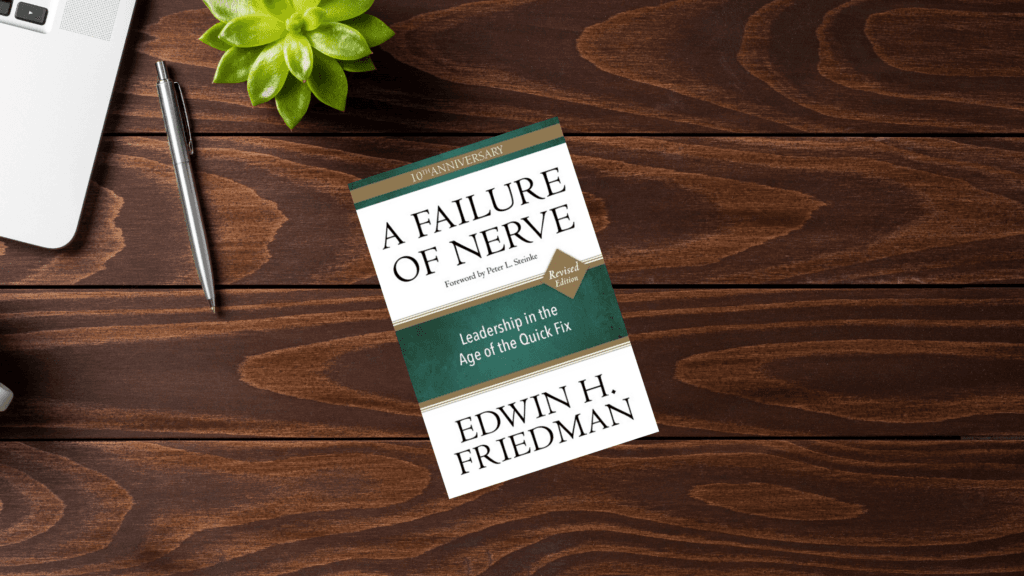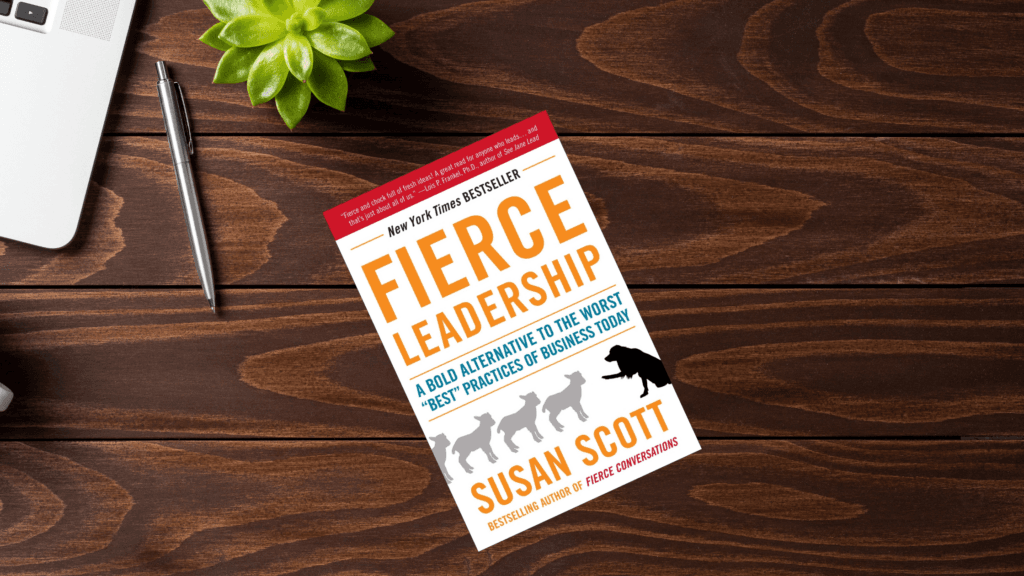Forget “New Year, New Me.” You don’t need a new identity; you need a more reliable way to navigate the pressure you’re already under. The start of the year may inspire in leaders a wave of promises to be more present, more firm, or more in-tune with the team. Whether your reset button is January
Tag Archives: Leadership
You have a team member who isn’t delivering. They seem disengaged, self-interested, or perhaps they are actively dropping the ball. The instinct for most high-performing leaders is frustration. You look at the facts, the reality, and the obvious solution, and you wonder: Why won’t they just do the right thing? When you feel this frustration,
For many leaders, the simple phrase “holding someone accountable” creates a knot in their stomach. We dread it, seeing it as the opposite of empathy. This is a common cycle I call the “Reformer’s Trap.” It’s what happens when leaders, often with the best of intentions, default to judgment at the expense of trust. (If
🔍 Summary:
Self-aware leaders balance empathy and accountability by noticing their reactions, pausing for perspective, and responding with clarity. This post outlines how to lead with both compassion and firmness—especially when performance is on the line.
There is no excerpt because this is a protected post.
Inspired by Dave Anderson’s article at Scarlet Ink. The Leadership Myth Whether we say it aloud or not, the intuitive wisdom about leadership (which clearly grew out of the machoism of the mid-twentieth century) is that tough leaders get ahead, but empathetic ones get ignored. It’s such old thinking that it feels instinctive: forceful personalities
There is no excerpt because this is a protected post.
There is no excerpt because this is a protected post.
There is no excerpt because this is a protected post.
There is no excerpt because this is a protected post.
